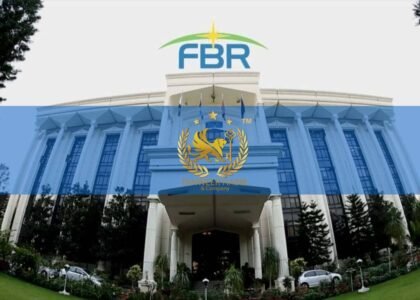What Questions You Should Ask Your Tax Consultant Before Hiring Them
Whether you are an individual taxpayer, a business owner, or part of a corporate structure,


Whether you are an individual taxpayer, a business owner, or part of a corporate structure,

The Federal Board of Revenue (FBR) in Pakistan has announced stringent measures to ensure that